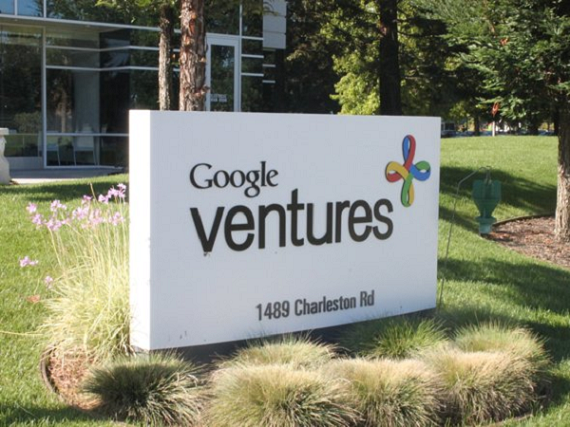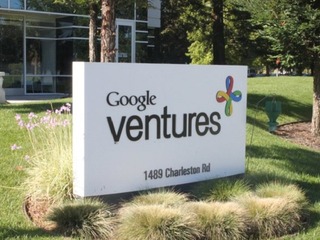

Google, will be increasing the amount of money it allocated to Google Ventures, the venture capital investment arm of Google, which makes financially driven investments in technology companies, Reuters reported Thursday.
While Google was previous putting $200 million into venture capital funds, it will be increasing that number to $300 million.
A large part of the reason for this is that the initial investments that Google Ventures have made in the past few years have now entered later stages, and may required larger amounts of money to continue to grow.
“It puts a lot more wood behind the arrow if we need it,” said Bill Maris, managing partner of Google Ventures told Reuters.
Founded in 2009, Google Ventures typically funds around 40 to 50 seed-stage deals every year. It invests $250,000 or less in a company, but it has invested to $10 million in around 15 companies. Google Ventures aims to complete one or two deals in the $20 to $50 million range every year.
By being able to invest larger amounts of money, it will put Google Ventures into the same league as other, more established funds.
Some of Google Venture’s investments so far include coupon and deal marketplace WhaleShark Media; online coupon site RetailMeNot; interactive entertainment company Kabam, where it participated in an $85 million round in May 2011; a $10 million round in ridesharing company SideCar; vacation rental home listings website HomeAway; cancer diagnostics company Foundation Medicine; smart-thermostat company Nest; carsharing service RelayRides; and smart-grid company Silver Spring Networks.
Another benefit of the extra money will be that it may allow Google Ventures to attract higher-profile deals, as it has not yet invested in any companies that have made it really big.
Controversy
Despite being so young, Google Ventures has not been without its share of controversy.
In September, Y Combinator founder Paul Graham accused Google Ventures of low-balling on valuations. At the TC Disrupt conference the same month, Digg co-founder, and Google Ventures partner, Kevin Rose gave an interview where he discussed the comments, where he was adamant that it was not true, but where he also refused to take the bait into trashing Graham.
“We’re absolutely not going out there any trying to lowball these companies,” Rose said in the interview. Not all companies are the same, he said. Some may be worth $20 million, others might be worth $4 million.
“You can’t just automatically say that every company that graduates from Y Combinator is a $10 million company.”
Google Ventures has a $200 million fund every year, Rose said, so the little bit that would be saved doesn’t matter that much..
“I have nothing bad to say about Y Combinator. I think what they’re doing is great. They’re obviously producing great companies,” Rose said.
“Obviously this was an internal e-mail that was meant to stay internal and it just got leaked. Nobody’s mad at anyone.”
Google could not be reached for comment.
(Image source: http://www.businessinsider.com)




















